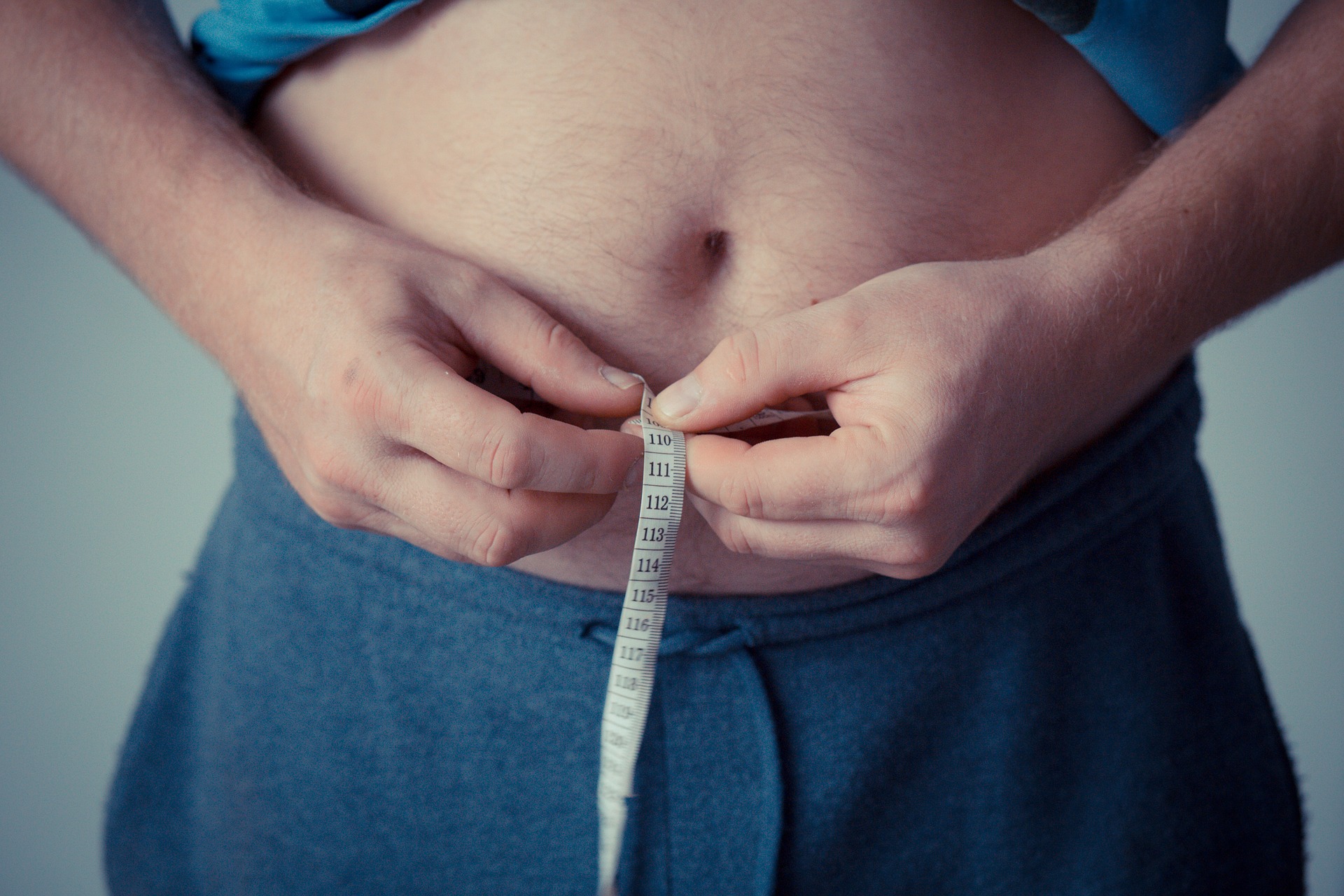Obesity is a growing problem for individuals in the US. With fast-food establishments on every corner, there isn’t a wonder that so many people in the country have fallen victim to high calorie processed foods. Even advertisements present the individuals with delicious foods that the owners know are not healthy and could present health risks for everyone. Individuals who have become obese need a better opportunity for losing weight and avoid a serious health crisis. Gastric sleeve surgery provides effective weight loss and helps patients who cannot lose weight on their own become healthier.
Two Weeks before the Procedure
Patients must start a new diet two weeks before their gastric sleeve procedure. The individual must cut out all sugars and sugary beverages. The doctor provides the patients with a full list of the foods and quantities they should eat before their surgery. This includes lean meats, vegetables, and fruits. The individual cannot consume any processed foods and anything with high fructose corn syrup.
What Health Risks Are Prevented by the Surgery?
Patients elect to undergo the gastric sleeve procedures if they are at high risk of developing heart disease, hypertension, type 2 diabetes, obstructive sleep apnea, and acid reflux disease. The individuals may have high cholesterol because of their unhealthy diet. The doctors need a full family medical history for the individual and a list of any existing medical conditions. Undergoing the surgery could present risks, too, just like any other medical procedure.
What are the Risk of Undergoing Gastric Sleeve Procedures?
Doctors explain all risks of the gastric sleeve procedures to their patients before they schedule the procedure. According to medical reports, the individual could experience excessive bleeding during the procedure or after. There is a risk of infection at the incisions site and in or around the stomach. Blood clots are possible as are breathing problems following the procedure. Patients who undergo the gastric sleeve surgery could also experience stomach leaks. Individuals with a history of adverse reactions to anesthesia should inform their doctor about their reaction before the procedure. If the patient experiences any of these risks after they go home, the patient should contact their doctor and seek emergency medical help immediately.
What are Possible Complications of the Surgery?
Complications that could emerge because of gastric sleeve procedures include malnutrition, hernias, and gastrointestinal obstructions. Patients may experience vomiting if they consume more than the recommended amount of food per day. Some patients may also develop hypoglycemia since they aren’t consuming as many calories each day as their body has become accustomed. Any signs of complications should be reported to their doctor immediately.
What Happens During the Procedure?
The surgeon reduces the size of the stomach by creating a sleeve from the stomach tissue and stapling it shut. The procedures take around two hours to complete. Most procedures are completed laparoscopically, but some cases require the surgeon to open the abdomen to complete the procedure. The doctor will inform the patient what process they will use for the procedure during their consultation. If the patient is required to stay overnight, the doctor will explain how long the visit will last, and if the patient needs someone to drive them home the day of the procedure or after the hospital stay.
What Will the Patient Experience after the Surgery?
They may feel colder than normal, dry skin, mood changes, may experience flu-like symptoms, and some patients may have some hair loss. The doctor provides pain medication and antibiotics to reduce the potential of an infection after the procedure. If the individual experiences mood changes that could interrupt their lives, they should report the mood changes to their doctor and seek treatment. Dry skin should be treated with lotions for excessive dry skin to provide necessary moisture and prevent cracking. Flu-like symptoms are treatable with over-the-counter medications for their patient’s symptoms. The patient should ask their doctor what medications are safe with any medications prescribed by the doctor.
What Patients Should Do After Their Recovery
After the patient recovers from the surgery, they must continue their diet as directed by their doctor. It is vital for continuing their weight loss efforts. The gastric sleeve won’t have the same immediate effects, like gastric bypass procedure. This prevents the individual from developing excessive sagging skin. Their results will take up to 18 months to complete. The individual must continue to eat foods in their restricted diet, and they must start an exercise program. Their doctor provides a care plan for the individual that explains what exercises are best for them at different stages of weight loss.
Are the Patients Guaranteed Results?
The gastric sleeve surgery will generate results, but the patient must follow all the doctor’s recommendations. The patients start a diet before the procedure to flush toxins out of the body and decrease the size of the liver. The liver could become enlarged in individuals who are obese, and it could lead to complications that could prove life threatening.
The patients can maintain their weight loss achievements by continuing to increase their exercise after they plateau. The doctor offers recommendations for strenuous exercises that maximize their results once the patient has reached the appropriate level of weight loss. A careful exercise plan helps the individual maintain their weight loss achievements and become healthier.
Patients who are suffering from obesity and need help consider the benefits of undergoing gastric sleeve surgery. The surgical procedure reduces the size of the stomach to reduce hunger and prevent the individual from overeating. Individuals will need to start and stick to a healthy diet and avoid sugary snacks and beverages. The procedure doesn’t involve the installation of a lab band, and the stomach will expand after the surgery during digestion. Patients who choose to undergo the procedure meet with their doctor to discuss all risks and complications. Reviewing the gastric sleeve surgery shows individuals how it could help them lose weight and improve their health.

